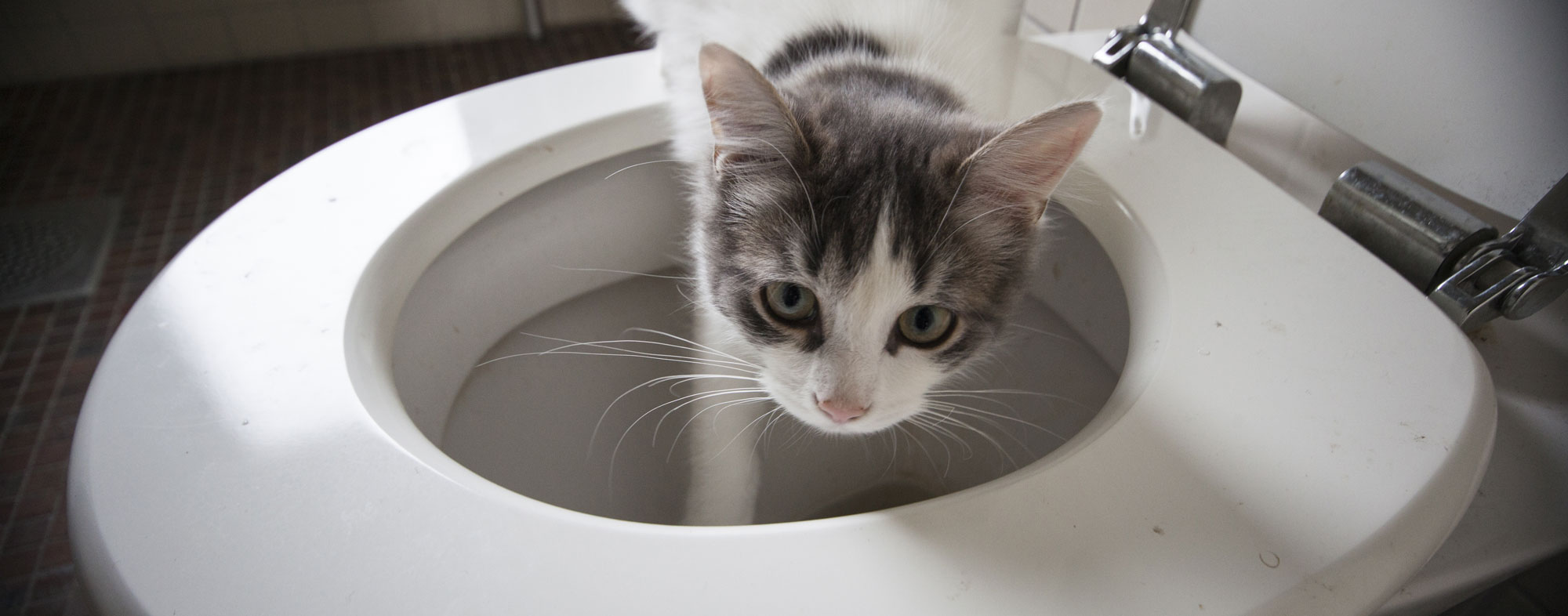Reasons Flushing Cat Poop Down Your Toilet Isn't a Good Idea - Tips for Safer Disposal
Information HereJust about every person maintains their private opinion with regards to How to Dispose of Cat Poop and Litter Without Plastic Bags.

Intro
As cat proprietors, it's necessary to bear in mind exactly how we take care of our feline buddies' waste. While it might appear hassle-free to purge cat poop down the bathroom, this technique can have destructive effects for both the setting and human health.
Alternatives to Flushing
Fortunately, there are more secure and more accountable methods to take care of pet cat poop. Take into consideration the adhering to options:
1. Scoop and Dispose in Trash
One of the most usual approach of dealing with feline poop is to scoop it right into a naturally degradable bag and toss it in the garbage. Make certain to make use of a committed litter scoop and deal with the waste quickly.
2. Use Biodegradable Litter
Go with eco-friendly pet cat clutter made from products such as corn or wheat. These clutters are eco-friendly and can be securely taken care of in the garbage.
3. Hide in the Yard
If you have a lawn, think about burying cat waste in a designated area far from veggie yards and water resources. Make sure to dig deep enough to prevent contamination of groundwater.
4. Set Up a Pet Waste Disposal System
Buy a pet dog garbage disposal system particularly created for feline waste. These systems use enzymes to break down the waste, lowering smell and environmental impact.
Wellness Risks
Along with ecological worries, flushing cat waste can also present health threats to people. Feline feces may include Toxoplasma gondii, a bloodsucker that can cause toxoplasmosis-- a potentially extreme health problem, particularly for expectant women and individuals with damaged immune systems.
Environmental Impact
Flushing pet cat poop presents hazardous pathogens and bloodsuckers into the supply of water, posturing a significant threat to water environments. These contaminants can adversely impact aquatic life and compromise water top quality.
Final thought
Responsible family pet ownership prolongs beyond supplying food and shelter-- it likewise involves appropriate waste administration. By refraining from purging cat poop down the bathroom and opting for alternate disposal approaches, we can reduce our ecological footprint and secure human health.
Why You Should Never Flush Cat Poop Down the Toilet
A rose by any other name might smell as sweet, but not all poop is created equal. Toilets, and our sewage systems, are designed for human excrement, not animal waste. It might seem like it couldn’t hurt to toss cat feces into the loo, but it’s not a good idea to flush cat poop in the toilet.
First and foremost, assuming your cat uses a litter box, any waste is going to have litter on it. And even the smallest amount of litter can wreak havoc on plumbing.
Over time, small amounts build up, filling up your septic system. Most litter sold today is clumping; it is made from a type of clay that hardens when it gets wet. Ever tried to scrape old clumps from the bottom of a litter box? You know just how cement-hard it can get!
Now imagine just a small clump of that stuck in your pipes. A simple de-clogger like Drano isn’t going to cut it. And that means it’s going to cost you big time to fix it.
Parasitic Contamination
Believe it or not, your healthy kitty may be harboring a nasty parasite. Only cats excrete Toxoplasma in their feces. Yet it rarely causes serious health issues in the cats that are infected. Most people will be fine too if infected. Only pregnant women and people with compromised immune systems are at risk. (If you’ve ever heard how women who are expecting are excused from litter cleaning duty, Toxoplasma is why.)
But other animals may have a problem if infected with the parasite. And human water treatment systems aren’t designed to handle it. As a result, the systems don’t remove the parasite before discharging wastewater into local waterways. Fish, shellfish, and other marine life — otters in particular — are susceptible to toxoplasma. If exposed, most will end up with brain damage and many will die.
Depending on the species of fish, they may end up on someone’s fish hook and, ultimately on someone’s dinner plate. If that someone has a chronic illness, they’re at risk.
Skip the Toilet Training
We know there are folks out there who like to toilet train their cats. And we give them props, it takes a lot of work. But thanks to the toxoplasma, it’s not a good idea.

I recently found that review on How to Dispose of Cat Poop and Litter Without Plastic Bags while browsing the internet. Loved our write-up? Please share it. Help someone else locate it. Thank you for taking the time to read it.
Automated Marketing